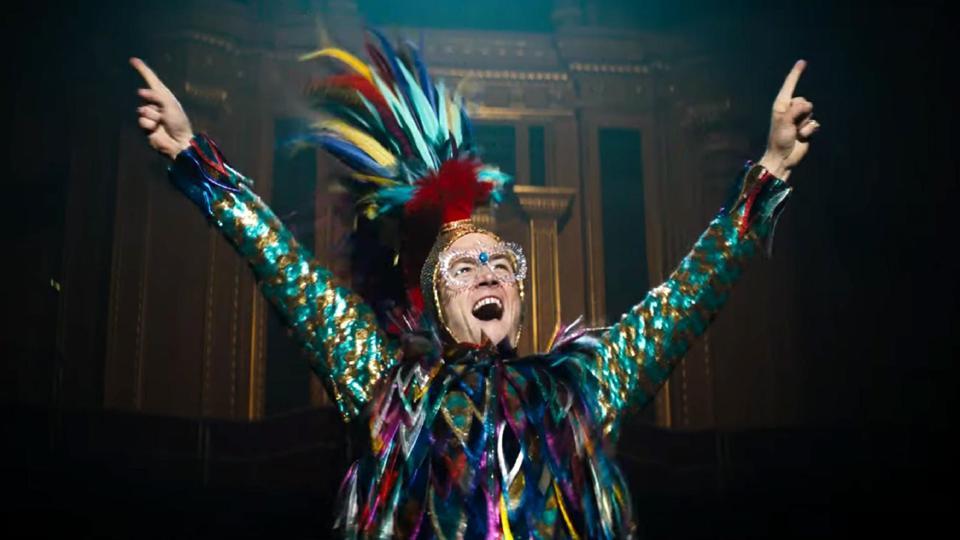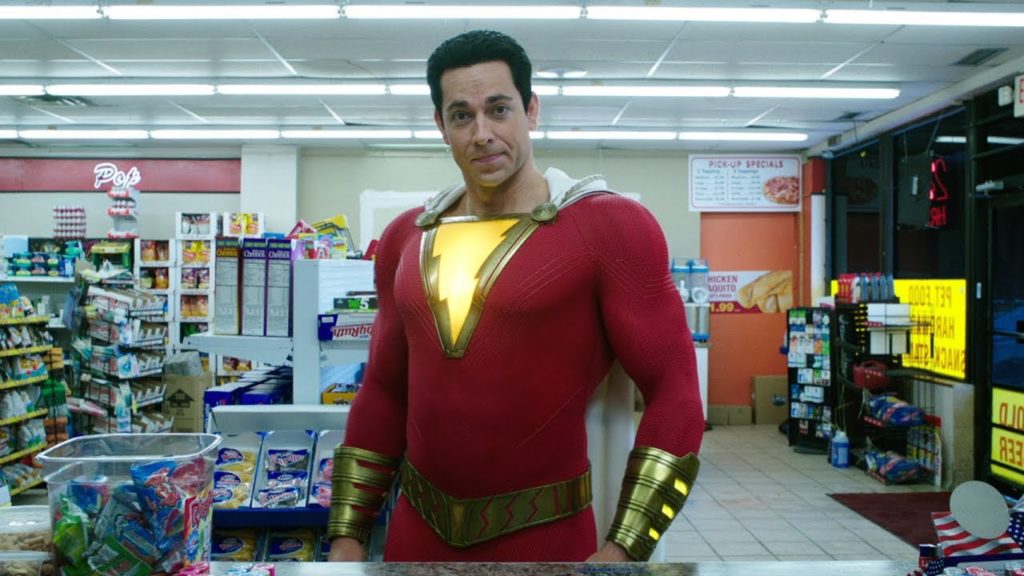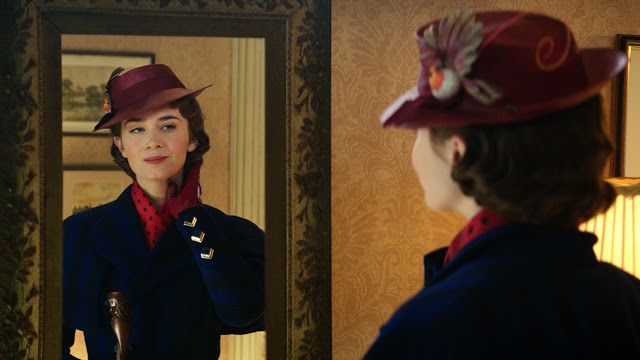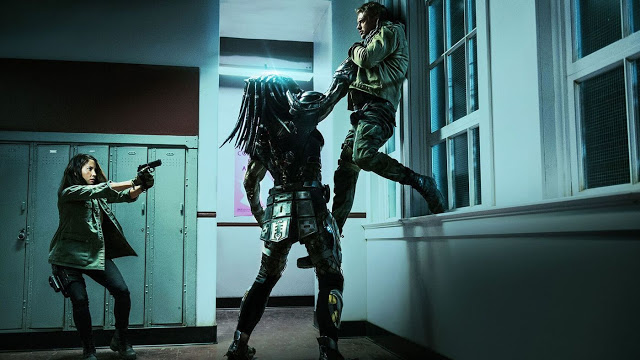Rocketman: Breaking Hearts, But Not Molds

They say a great pop song can lift you up, but at one point in Rocketman, the audience actually levitates, their shared delight elevating them into midair. We’re at The Troubadour in 1970s Los Angeles, and the flamboyant piano player is treating the crowd to an exuberant rendition of “Crocodile Rock”. As he bangs the keys and belts out the tune—about him and Susie, holding hands and skimming stones—you too might find yourself propelled upward, borne on the dynamism of the music and the enthusiasm of the performance.
When are you gonna come down? Soon enough. Every so often, Rocketman—Dexter Fletcher’s occasionally extraordinary but largely straightforward new film about Elton John—taps into that spirit of joyous communion, the rapturous feeling of losing yourself in art. But gravity regularly gets the best of it, and when it falls back to Earth, it reveals itself as yet another product plucked from the biopic assembly line. John was a provocative and often dazzling performer, but underlying his on-stage extravagance was music with real originality and heart. Rocketman, by contrast, tends to feel like a magic trick; its presentation, however skillful and virtuosic, seems designed to disguise its inherent flimsiness and familiarity. Read More




